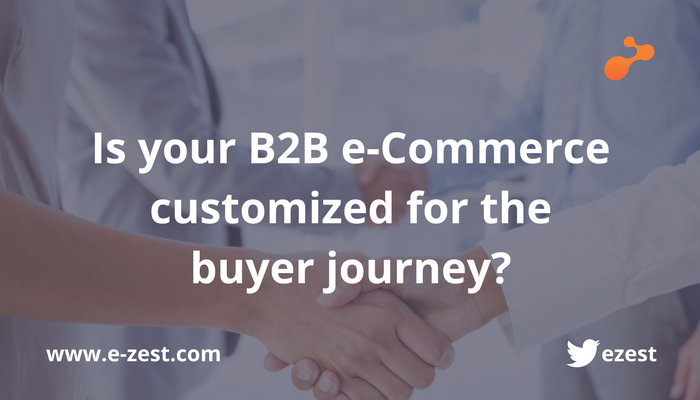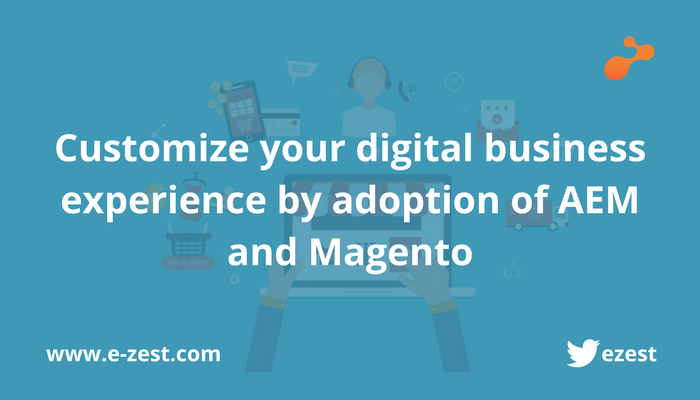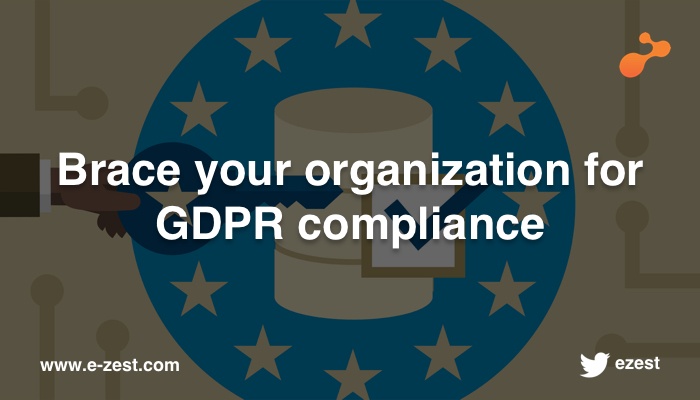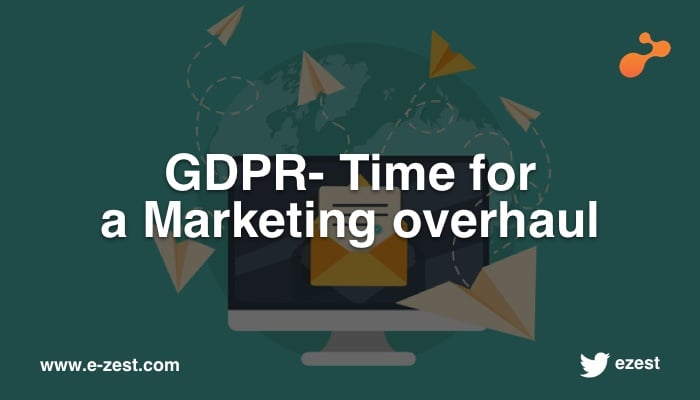The technology behind e-commerce changed the way companies and consumers engage and do business. It's time for B2B companies to take the big leap forward and embrace e-commerce just as B2C companies have done before.
While many B2B companies have traversed this path and made progress in developing digital channels, most grapple with the idea of weaving these together and evolving from multichannel. As consumers, B2B prospects have learned to anticipate and, in some cases, demand a seamless omnichannel customer experience: with all channels working together efficiently. If your B2B company can’t offer this and still, then your customers can easily find your competition online who are offering what they desire. It’s not only a matter of retaining your customers, but e-commerce also offers you new opportunities. Now more than ever, it pays to embrace digital.
A recent analysis by Forbes shows that the B2B market will account for twice the size of B2C by 2020. According to Forrester, B2B digital commerce market is expected to hit $1.8 trillion by 2023 in the US alone.
Competition is getting tougher; the margins are getting scantier. B2B companies are pressed to venture online in order to remain competitive while minimizing expenses.
However, B2B companies still require the technology and capabilities essential to achieve outstanding experiences. Hence, if organizations want to seize this opportunity they have to consider the following challenges faced by B2B e-commerce players while chalking out their digital commerce strategy.
Data strategy
Data is the building block of creating a great customer experience. However, in a majority of the cases, the data is spread across the organization in different silos. Marketing, sales and customer support teams have a different kind of information pertaining to the same customer. However, a unified view is missing at the organizational level. A good e-commerce strategy should start by combining all data sources at one location to create meaningful insights.
Human interaction
It is no secret that businesses thrive on the basis of relationship they have with their customers. A salesperson who visits your prospects captures various subtle cues and use them to build and nurture a long-lasting business relationship.
Bringing a wall of digital solution in between suddenly might impact that relationship. So, while developing an implementation, have a scope for personal interaction with the prospect.
Personalization strategy
The personalized approach is a key in building engaging customer experience. Unavailability of data hinders the personalization opportunities.
Also, there are multiple stakeholders involved in a B2B business transaction. And every stakeholder has a different role to play in the transaction. Personalizing experience of every stakeholder involved in the transaction is not an easy task. Some UI tweaks can make personalized information available to the user depending on his/her role. But building a holistic and personalized experience needs a thorough understanding of user behavior, prevalent practices within an industry, detailed process flow etc. Only a right mixture of it can produce a personalization approach fit for the complex B2B sales process.
Complex discount structure
It is very challenging to involve dynamic discounting into B2B e-commerce. The discounts vary on various factors such as purchase volume, stock availability, relationship with the organization, sales targets, the value of customer logo etc. Creating an algorithm for the discount — based on the dynamic market factors is very challenging. There is not a great scope for negotiations on an e-commerce portal which further complicates the discounting strategy.
Multi-location presence
If an organization is present in various locations across the world then taxes and shipping rates changes based on point of origin and destination. The differences in total purchase amount could prove to be a deal breaker in some instances. The B2B e-commerce portal should have a provision where the buyer can select from location options based on his contract. Based on this selection a PO should go to respective sales office of the territory and other supply chain partners. The shipping documents and invoices need to be generated as per the law of the land. The overall system becomes very complex and is difficult to manage unless designed properly considering the scope and future scalability need.
Enterprise-wide integration
The B2B e-commerce can’t function in isolation. It would take data from other enterprise systems and push purchase orders, customer related information and other relevant IT systems to the CRM. This calls for tight and reliable integration of e-commerce with other IT systems that an organization has. Any structural changes in those systems would have an impact on the functioning of e-commerce and vice-a-versa. The internal IT team or development partner should have knowledge of the systems on both the ends, only then a seamless integration can be achieved.
Unified experience
The customer can interact with the organization using any channel and mode of communication and yet he would expect to have the same experience and start a dialog from where he/she had left it irrespective of the channel. This is the first step in building a unified experience and should be treated as a hygiene factor. If an organization wants to impress the customer, then their overall experience needs to be managed carefully. Apart from that, a behavioral change needs to be brought in the people of documenting every interaction. If salesperson interaction is not documented in the CRM and other relevant fields are not updated, the customer might see different values on the portal than the promised one in the personal interaction. In-shop, on-site and in-person interactions should be in sync all the time.
With proper planning and the right strategy, a good B2B e-commerce portal can be developed which can propel your business to a new level.
If you have any queries, then please write to me at mandar.thosar@e-zest.com.









